5 trends for Industry 4.0: The factory of the future
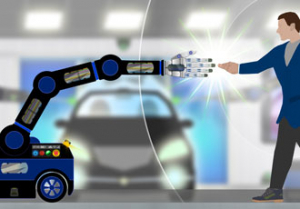
The world has changed significantly since I wrote about trends for 2020, one year ago. But while our personal and professional lives have experienced a massive twist, the pandemic and its associated impacts have been more an accelerator for these trends rather than changing them.
Guest blog written by Philipp H. F. Wallner, Industry Manager - Industrial Automation & Machinery, MathWorks
Digitalisation has become more important than ever before, ways of making flexible production systems more autonomous and allowing engineers to validate the behavior of the equipment through simulation rather than onsite commissioning are indispensable today - and will remain so as part of the 'current normal'.
Here are five trends that will accompany us over the coming years.
1) AI projects becoming economically successful
While Artificial Intelligence (AI) has already found its way into our private lives, whether through smart phones, intelligent fitness trackers or smart assistants, the manufacturing industry has just started to seriously consider AI integration. The production line of the future, though, will rely heavily on AI for health monitoring and predictive maintenance services, visual inspection systems and optimisation of manufacturing processes.
AI techniques will lead the way towards the vision of a fully automated factory that flexibly manufactures goods in small batches - all the way to 'sample size one' production. In 2021 and beyond, we will see more and more AI enabled applications that are not only technologically interesting but also economically relevant. And eventually, AI will allow for flexible and powerful machine software that would not have been possible with standard ways of programming.
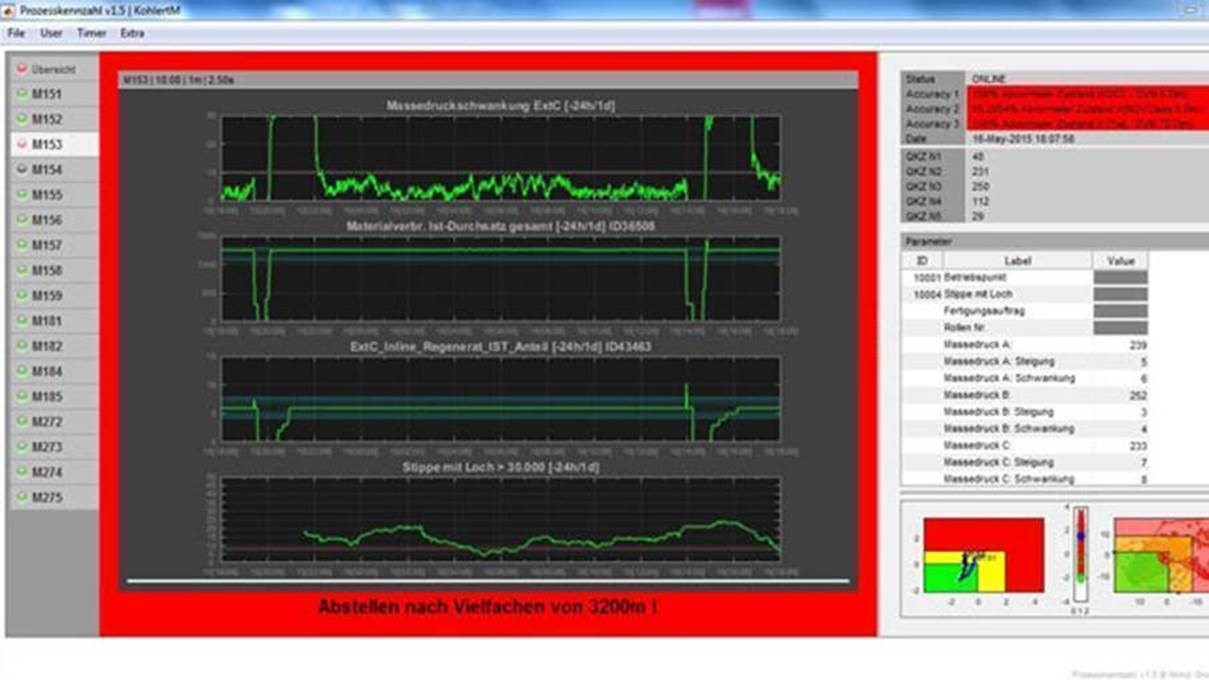
Figure 1: AI-based health monitoring applications assist operators at Mondi for optimising their service intervals.
2) Machine functionality being validated in the digital world
Growing complexity of machine software as well as the ongoing modularisation of modern production equipment has led to more and more simulation upfront. The fact that international travel for commissioning or service have significantly reduced or in some cases halted these days reinforces this trend.
Functional tests of the production equipment of the future will be performed using comprehensive models for simulation and virtual commissioning. The factory of the future will be built twice - first virtually, then physically. Digital representations of production machines continuously fed with live data from the field will be used for health monitoring throughout the entire lifetime of the equipment and will eventually make onsite missions be an exception.
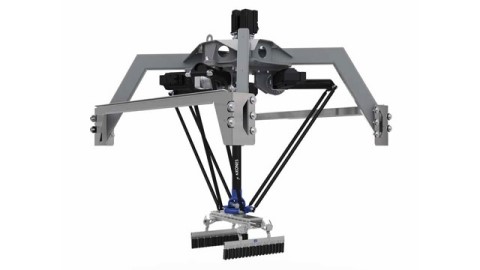
Figure 2: Krones uses virtual representations of their manufacturing equipment for design optimisation, fault testing, and predictive maintenance.
3) Further fusion of shop floor and office floor
With modularised machines being interconnected through standardized protocols like OPC UA TSN and fixed cable connections being replaced with wireless protocols like 5G, we will also see a transformation on the office floor. Programs running on industrial controllers, edge devices and cloud systems will work even more tightly with apps and dashboards, and eventually lead to a fusion of the shop floor and the office floor.
Increasingly powerful hardware systems will not only enable complex AI algorithms running on the production equipment but also induce a new level of human machine interaction through automated processing of text data and through natural language processing, widely established in the consumer industry with smart voice assistants.
4) Robots and autonomous systems automating production and material handling
Flexible production in the factory of the future will require robots and autonomous handling systems to adapt faster to changing requirements. While classic programming and teaching of robots is not suitable for preparing the system to handle the huge and fast-growing number of different goods, future handling equipment will automatically learn through reinforcement learning and other AI techniques. The prerequisites - massive calculation power and huge amounts of data - have been established over the past years.
5) More opportunities for engineers with 'domain+' skills
While 2020 has shown us how important digitalisation is for the manufacturing industry, the coming years will reveal who is ready for the factory of the future and who is not. Companies that will successfully embrace the challenges and opportunities of a more digital and virtual world will do so with teams of engineers with 'domain+' skills i.e., those who are able to combine domain knowledge with (+) expertise in technology and tools from companies like MathWorks.
Therefore, companies building and operating industrial equipment need to change their job postings and hire engineers with a completely different profile to be ready for a future in which Industry 4.0 is just the beginning.
Similar articles
More from MathWorks
- Digital Twins: How engineers can benefit 19th February 2021
- 5 trends for Industry 4.0: The factory of the future 16th December 2020
- Key AI and Industry 4.0 trends for engineers in 2020 26th November 2019
- Female STEM workers face same challenges as Ada Lovelace 11th October 2019

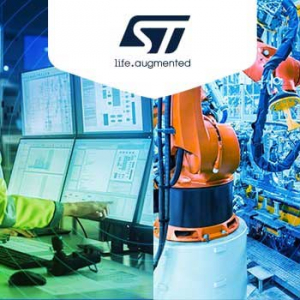
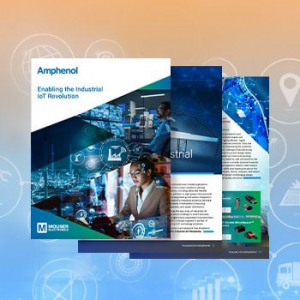
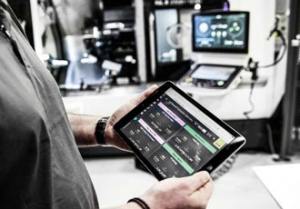
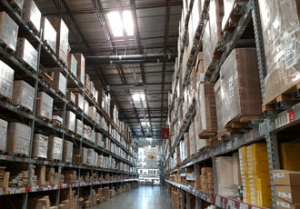







Write a comment
No comments